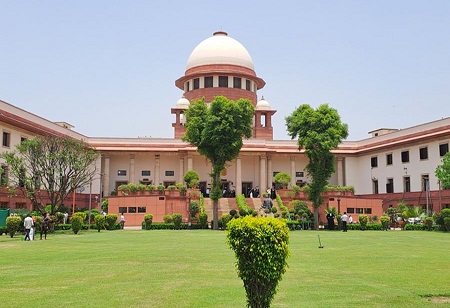India Pharma Outlook Team | Friday, 01 March 2024

The Supreme Court has directed the Centre to discuss with states and develop a concrete plan for uniform and affordable healthcare services for citizens that will be on a par with the rates fixed by impaneled hospitals under the Central Government Health Services (CGHS).
The apex court said that if the Centre failed to take necessary steps, the court would pass appropriate orders.
A bench of Justices B.R. Gavai and Sandeep Mehta rejected the Centre's plea that cooperation was not forthcoming, although it had consulted with the states.
“The Union of India cannot shirk away from its responsibility by merely stating that communication has been addressed to the state governments/Union Territories and they are not responding,” Justice Gavai told the counsel appearing for the Centre on Tuesday.
The court gave the Centre the ultimatum on a PIL filed by the NGO Veterans Forum for Transparency in Public Life through its general secretary, Wing Commander Biswanath Prasad Singh, and posted the matter for further hearing on April 6.
The NGO had complained that medical treatment across the country had become highly expensive and beyond the reach of the common man because of steep charges levied by private hospitals. It has pleaded that there should be a uniform rate for all medical treatments on par with the rates fixed by the Union government for CGHS-empanelled hospitals.
The petitioner has cited the instance of cataract surgery, which may cost only Rs 10,000 in CGHS hospitals but go up to Rs 30,000-Rs 1.40 lakh in private hospitals.
The apex court passed the following written order: “…This Court, in Paschim Bangal Khet Mazdoor Samity v. State of West Bengal…and the matter of Pt. Parmanand Katara, Advocate v. Union of India and Another, (1995)… has held that the State must provide medical assistance to the citizens. The Act of 2010 was enacted with the avowed objective of providing medical facilities to citizens at an affordable price.
“Physical meetings are also unnecessary; they can be arranged virtually. Therefore, we directed the health minister of India to meet his state and union territories colleagues and develop concrete proposals on the day after the hearing.